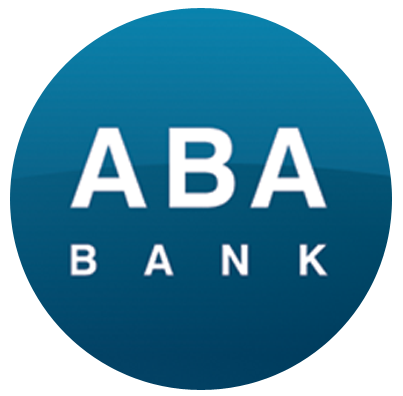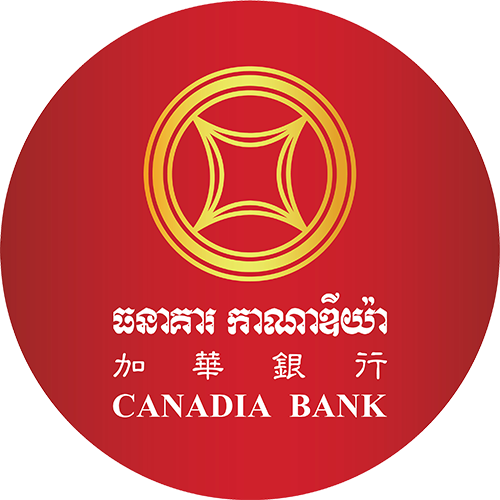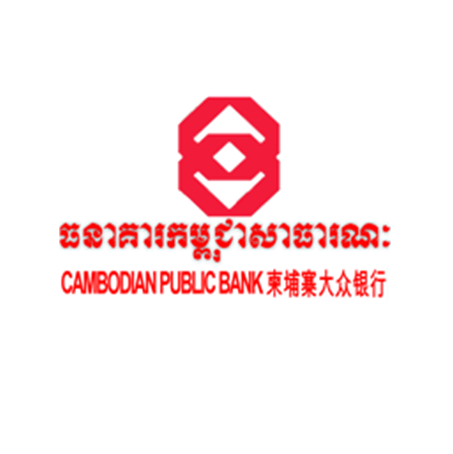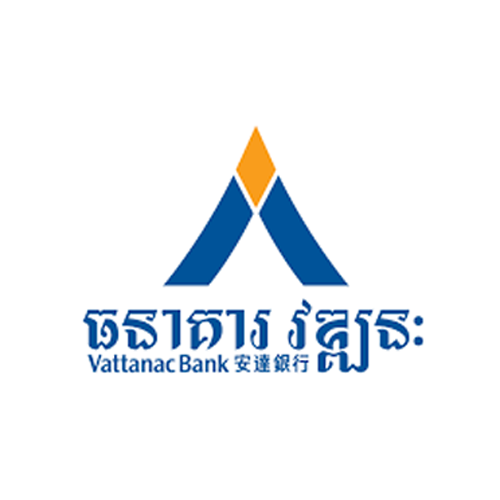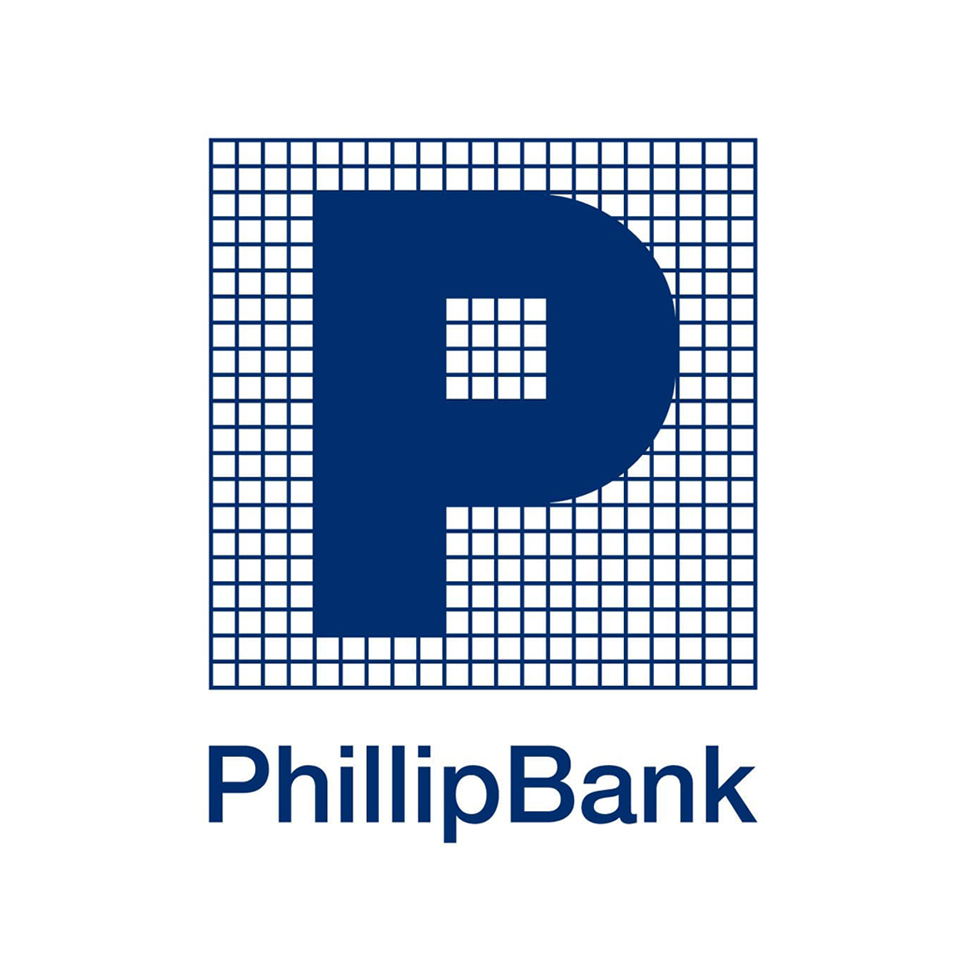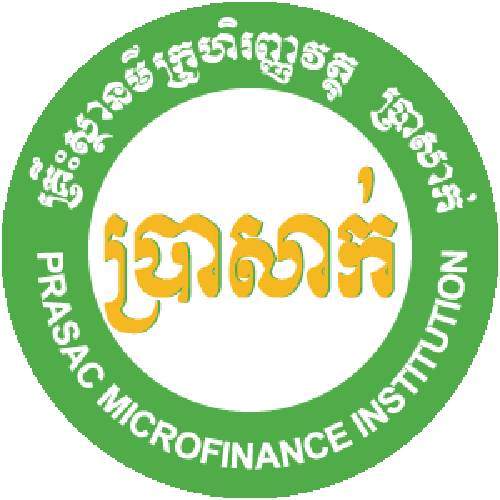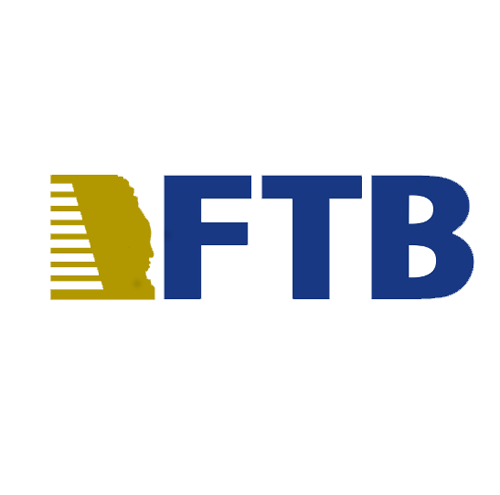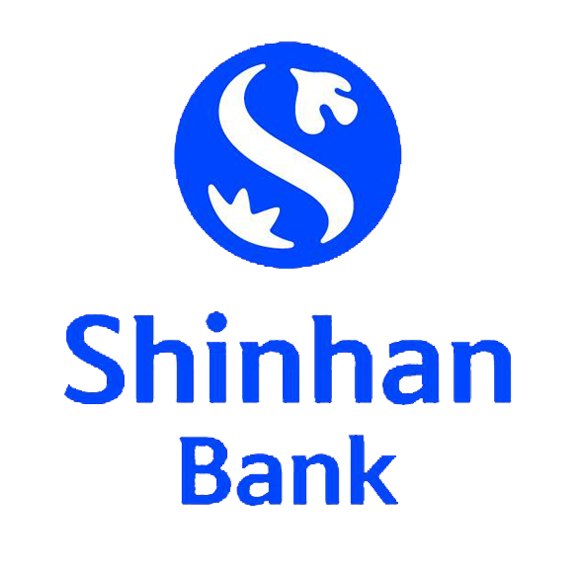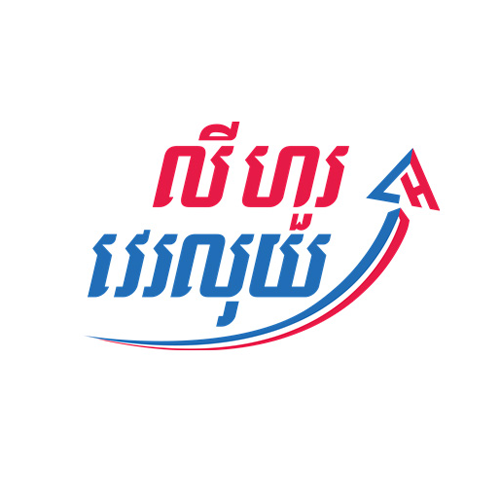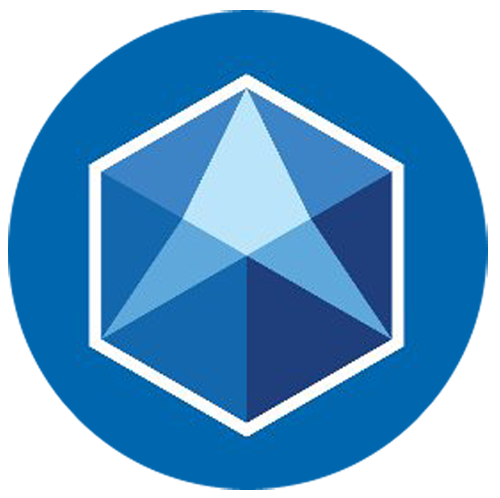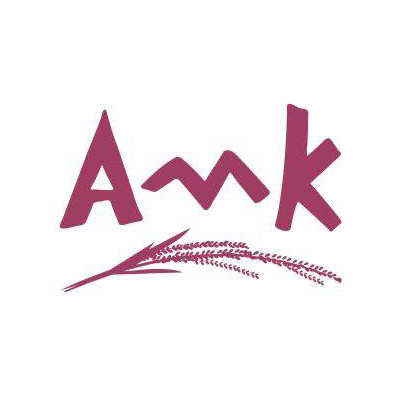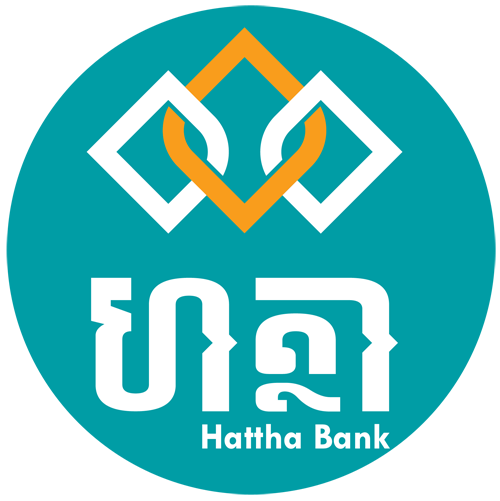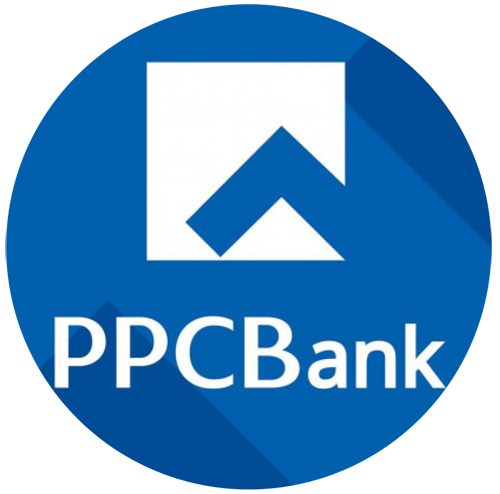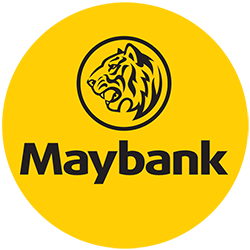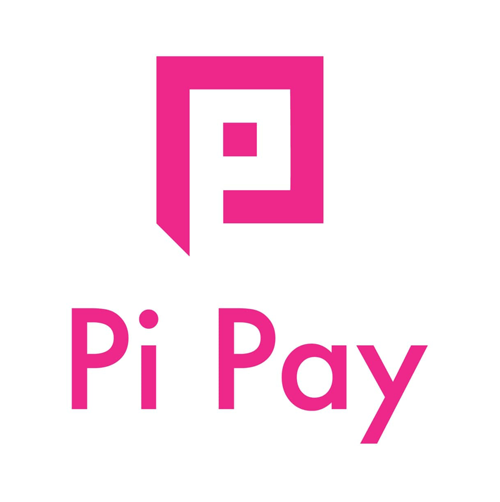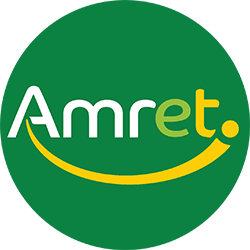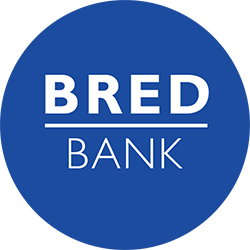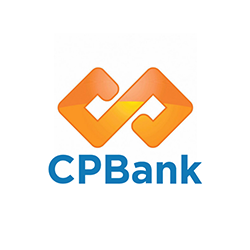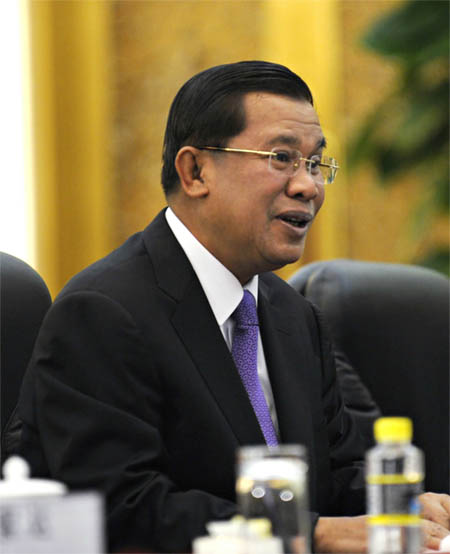

ជីវិតមនុស្ស សត្វ និងធម្មជាតិទាំងមូលពិតជាត្រូវការទឹក ។ ក្នុងន័យនេះបានបង្ហាញថាទឹកជា គុណជាតិវិសេសសម្រាប់ភព និងជីវិត ។ ឈរលើទស្សនទាននេះ បណ្តារដ្ឋនីមួយៗ តែងប្រឹង ប្រែងកសាងប្រព័ន្ធ ហេដ្ឋារចនាសម្ព័ន្ធ ដើម្បីគ្រប់គ្រង និងផ្គត់ផ្គង់ធនធានទឹកសម្រាប់បំពេញ ដល់ជីវភាពរស់នៅប្រចាំថ្ងៃរបស់ប្រជាជន និងការអភិវឌ្ឍន៍កសិកម្ម និងផលិតកម្ម ។
ជាក់ស្តែង ចក្រភពអង្គរខ្មែរបានប្រឹងប្រែងបង្កើតប្រព័ន្ធហេដ្ឋារចនាសម្ព័ន្ធធនធាន ទឹកនេះយ៉ាង ខ្លាំងក្លា សម្រាប់ការអភិវឌ្ឍន៍កសិកម្ម ហើយបានធ្វើឲ្យសង្គមខ្មែរសម័យកាលនោះជួបប្រទះនូវ ភាពរុងរឿងខ្ពស់ ត្រដែត ។ ពិតណាស់ ប្រព័ន្ធធារាសាស្រ្តដូចជាបារាយ និងព្រែកជីកមិនត្រឹមតែបានបង្កលទ្ធភាពឲ្យខ្មែរ សម័យអង្គរអាចផលិតស្រូវបាន ច្រើន ដើម្បីផ្គត់ផ្គង់ដល់ប្រជាជនដែលរស់នៅចក្រភពអង្គរដ៏ធំធេងនាសម័យ នោះប៉ុណ្ណោះទេ ប៉ុន្តែថែមទាំងបង្កើតបាននូវមូលដ្ឋាន លើការគ្រប់គ្រងធន ធានទឹកប្រកបដោយប្រសិទ្ធភាព ទៀតផង ។
បច្ចុប្បន្នកម្ពុជាមានធនធានទឹកច្រើនអនេក ពីព្រោះភូមិសាស្រ្តរបស់កម្ពុជាស្ថិតក្នុងអាងទន្លេមេគង្គផ្នែកខាងក្រោម ហើយត្រូវបានចាត់ទុកថាជាប្រទេសមួយ សម្បូណ៍ធនធានទឹក ។ ទឹកនៅកម្ពុជា គឺជា មាសខៀវ ដែលកំពុងត្រូវបានកែច្នៃជាបណ្តើរៗ សម្រាប់បន្តភាពរីកលូតលាស់នៃជីវភាពរបស់ប្រជាជន និង សង្គមជាតិទាំងមូល ។ ប៉ុន្តែកិច្ចការនេះទាមទារ នូវកិច្ចខិតខំប្រឹងប្រែងយ៉ាងច្រើនទៀត ជាពិសេស គឺត្រូវការមនុស្សពិតដែលយកអស់កម្លាំងស្មារតីក្នុងបុព្វ ហេតុបំពេញនូវបេសកកម្មនេះ ។
ខ្ញុំនៅចាំបានថា ក្នុងជីវិតជាក្មេងវត្តរបស់ខ្ញុំនៅវត្តនាគវន្ត រាជធានីភ្នំពេញ ការងារដោះស្រាយទឹកប្រគេនព្រះសង្ឃ គឺជាការងារប្រចាំថ្ងៃរបស់ខ្ញុំមួយដ៏លំបាក ពីព្រោះ ខ្ញុំត្រូវចំនាយ កម្លាំងកាយ និងពេលវេលាដ៏ច្រើនជាប្រចាំថ្ងៃដើម្បីរែកទឹកដាក់ពាង ។ ដោយឡែកក្រោយថ្ងៃរំដោះ ៧ មករា ១៩៧៩ គ្រួសារខ្ញុំ និង ប្រជាជនភ្នំពេញជាច្រើនទៀតបានរែកទឹកពីទនេ្លបួនមុខមកប្រើប្រាស់អស់ពេលជាច្រើនខែ ទំរាំតែប្រព័ន្ធផ្គត់ផ្គង់ទឹកដ៏ចាស់ទ្រុឌទ្រោមត្រូវបានស្តារឡើងវិញ ជាជំហានៗនោះ ។ ចំណុចនេះបញ្ជាក់ថា មិនមែនយើងមានប្រភព ទឹកច្រើនហើយ ក៏អាចធ្វើឲ្យជីវភាពរស់នៅរបស់ប្រជាជនមានភាពងាយស្រួល និងរីក ចម្រើននោះឡើយក្នុងនោះ ចាំបាច់យើងត្រូវបន្តរៀបចំប្រព័ន្ធផ្គត់ផ្គង់ និងចែកចាយទឹកឲ្យ បានគ្រប់គ្រាន់ និងពេញលេញមួយ ។
បច្ចុប្បន្ននេះ ពពកខ្មៅទាំងនេះបានរសាត់ទៅហើយ ។ ការផ្គត់ផ្គង់ទឹកនៅរាជធានីភ្នំពេញមានការរីកចំរើន និងមានសេវាលំដាប់ពិភពលោក តាមរយៈការអភិវឌ្ឍន៍ ក្នុងថេរវេលាដ៍ ខ្លីដែលបានចាប់ផ្តើមពីចំណុចក្រោមសូន្យ បន្ទាប់ពីទទួលរងនូវការបំផ្លិចបំផ្លាញដល់ឬសគល់ពីសំណាក់របបវាលពិឃាតប៉ុលពត ។
ក្នុងខែកញ្ញា ឆ្នាំ ២០១០ នេះខ្ញុំមានមោទនភាពណាស់បន្ទាប់ពីបានដឹងថា ពានរង្វាន់ឧស្សាហកម្មទឹកស្អាតក្រុងស្តុកហូម ឆ្នាំ ២០១០ ដែលជាពានរង្វាន់ថ្នាក់ពិភព លោកបានធ្លាក់ ក្នុងដៃរដ្ឋាករទឹកស្វយ័តរាជធានីភ្នំពេញ ។ ពានរង្វាន់នេះ គឺជាសក្ខីភាពថ្មីមួយទៀត នៃការខិតខំប្រឹងប្រែងធ្វើឲ្យមានការផ្លាស់ប្តូរយ៉ាងធំធេង នៃអង្គភាពរដ្ឋាករទឹកស្វយ័ត រាជធានីភ្នំពេញដែលកំពុងឈានទៅមុខប្រកបដោយភាពរីកចម្រើន ។ ពានរង្វាន់នេះក៏ជាមោទនភាពថ្មីមួយទៀតរបស់មន្ត្រី - និយោជិត ជាពិសេសឯកឧត្តមប្រតិភូរាជរដ្ឋាភិបាល ទទួលបន្ទុកជាអគ្គនាយករដ្ឋាករទឹកស្វយ័តរាជធានីភ្នំពេញបន្ថែមលើកិត្តិយសដែលខ្ញុំបានផ្តល់ជាវីរៈបុរស ធនធានទឹក នាថ្ងៃទី ១៨ ខែ តុលា ឆ្នាំ ២០០៦ កន្លងទៅនោះ ។
ខ្ញុំសូមឧទ្ទិសកិច្ចខិតខំប្រឹងប្រែងទាំងអស់របស់ឯកឧត្តមប្រតិភូ និងមន្ត្រី - និយោជិតរដ្ឋាករទឹកស្វយ័តរាជធានីភ្នំពេញ ជាគំរូវីរភាពចារលើសីលាអមតៈតដល់កួនចៅ ជំនាន់ក្រោយៗ ទៀតជានិច្ចនិរន្តរ៍ ។
រាជធានីភ្នំពេញ, ថ្ងៃទី ២២ ខែ កុម្ភៈ ឆ្នាំ ២០១១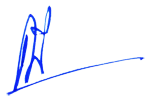
PREAMBLE
By Samdech Akka Moha Sena Padei Techo HUN SEN
Prime Minister of the Kingdom of Cambodia
Human beings, animals and the whole of nature truly need water. In this regard,
water is clearly a special part of the planet and our lives. Based on this
understanding, each and every state is constantly trying to build an infrastructure
system in order to control and supply water resources to meet its people's needs
in their everyday lives and for the development of agriculture and productivity.
The Khmer Angkor Empire actually tried very hard to build a water resource
infrastructure system for the development of agriculture, leading to Khmer
society in that period experiencing prosperity and glory. Of course, the irrigation
system, including reservoirs and canals, not only enabled the Khmer in the
Angkor Period to produce enormous rice yields to supply the people living in the
vast Angkor Empire at that time, but also created a basis for the effective control
of water resources.
Cambodia currently has considerable water resources because of its geographical
location in the lower part of the Mekong River basin. It is considered to be a
country that is rich in water resources. Water in Cambodia is Blue Gold, which
is gradually processed to assist in the ongoing growth of people's livelihoods and
the nation as a whole. However, this task requires greater effort, in particular it
requires persons to expend both physical and spiritual effort for the sake of
this mission.
that addressing the water issue for monks was a difficult daily task of mine
because I had to spend a great deal of both physical strength and time on a daily
basis to carry water to fill the jars. Anyway, following the liberation day on
January 7, 1979 my family and many other people in Phnom Penh had to carry
water from the four-face river for consumption [purposes] for many months
until the dilapidated water supply system was gradually restored. This point
emphasizes that even though we have many sources of water we cannot improve
and upgrade people's living [conditions]. Indeed, it is necessary for us to continue
to organize an adequate and complete water supply and distribution system.
Now those black clouds have vanished. Water supply in Phnom Penh has been
improved and ranks as world class through development within the period of time
starting from point zero following the destruction to the roots by the Pol Pot
killing field regime.
This September 2010, I am very proud to learn that the Clean Water Industry
Award of Stockholm 2010, which is a world–class award, has been awarded to the
Phnom Penh Water Supply Authority. This award is a new evidence of effort
towards great change of the Phnom Penh Water Supply Authority which has been
progressing and growing. This award also serves as a source of new pride for
officials and employees, especially His Excellency the Delegate of the Royal
Government, Director-General of the Phnom Penh Water Supply Authority, in
addition to the honorary title I already granted to him as a water resources hero on
October 18, 2006.
On my own part and in the name of the Royal Government, I hereby express my
support and commendation to His Excellency the Delegate and all officials and
employees of the Phnom Penh Water Supply Authority for putting their efforts
into providing a quality and effective service so far. I firmly hope and believe that
the Phnom Penh Water Supply Authority's methods and work experience under the
leadership of His Excellency the Delegate truly serve as the most appropriate
models to be used in all provincial-municipal clean water entities throughout the
Kingdom of Cambodia and will also serve as a driving force to help achieve
the seventh goal of the Cambodian Millennium Development Goals which
aims to help provide all people throughout the country with access to clean water
for consumption and a hygienic service so people can live with comfort, a good
standard of living and in a good environment.
I hereby dedicate all the efforts of His Excellency the Delegate as well as officials
and employees of the Phnom Penh Water Supply Authority as models of
patriotism permanently carved on everlasting stone for the people of future
generations.
Phnom Penh Water Supply Authority Wins Stockholm Industry Water Award 2010

In recognition of its world class performance in water supply and self-sufficiency, the Cambodian Phnom Penh Water Supply Authority (PPWSA) under the leadership
of General Director Ek Sonn Chan has been named the winner of the Stockholm Industry Water Award 2010.
Decades of conflict left the Phnom Penh water supply system running low until 1993, when Mr. Ek Sonn Chan was appointed as General Director of the PPWSA.
Together with his team, he managed to refurbish the whole supply system, introduce cost-effective billing and payment collection methods, as well as world class
management to provide water to almost all of the city's residents.
"The PPWSA has successfully fought corruption and shown this can be achieved in a developing country on a large-scale basis using simple but effective management
techniques that are based on well-accepted business principles and strategies. As a self-sufficient company, operating without subsidies from the state, PPWSA today
provides 24-hour service and 90 per cent coverage to a city of 1.3 million and fully recovers its costs as it continues to develop both its infrastructure and management"
said the International Award Jury in its citation.
The PPWSA will receive the award during the World Water Week in Stockholm 2010, September 5-11.
Accepting the award on behalf of PPWSA, Mr. Ek Sonn Chan said the award puts his organisation in the same league as other world class water industry organisations,
reinforcing their drive towards achieving future objectives. "My team is encouraged by this prestigious award to carry on our mission to increase our collection efficiency,
improve water regulation, and provide water continuously for a price affordable by our society through good management and cost-recovery practices and despite
increases in electricity and other costs," he said.
About the Stockholm Industry Water Award
The Stockholm Industry Water Award recognises the business sector's contribution to sustainable water management, by minimising water consumption and environmental
impact. It is given to any sector of business and industry. The Award was established in 2000 by the Stockholm Water Foundation in collaboration with the Royal
Swedish Academy of Engineering Sciences and the World Business Council for Sustainable Development. It is administered by Stockholm International Water
Institute (SIWI).
SIWI - Independent, Leading-Edge Water Competence for Future-Oriented Action
The Stockholm International Water Institute (SIWI) is a policy institute that contributes to international efforts to combat the world's escalating water crisis. SIWI
develops and promotes future-oriented and knowledge-integrated policies, towards sustainable use of the world's water resources leading to sustainable development
and poverty eradication.
Past Laureates
2009 Trojan Technologies, Canada
2008 Orange County Water and Sanitation District, USA
2007 Public Utilities Board (PUB), Singapore
2006 Sydney Water Corporation, Australia
2005 Procter & Gamble, USA
2004 Staple Fibre Division of Grasim Industries Ltd, India
2003 ZENON Environmental Inc, Canada
2002 Kaldnes Miljöteknologi AS, Norway
2001 The General Motors de Mexico Ramos
2000 Northumbrian Water Limited, United Kingdom, Arizpe Complex, Mexico
PPWSA Stockholm Industry Water Award 2010

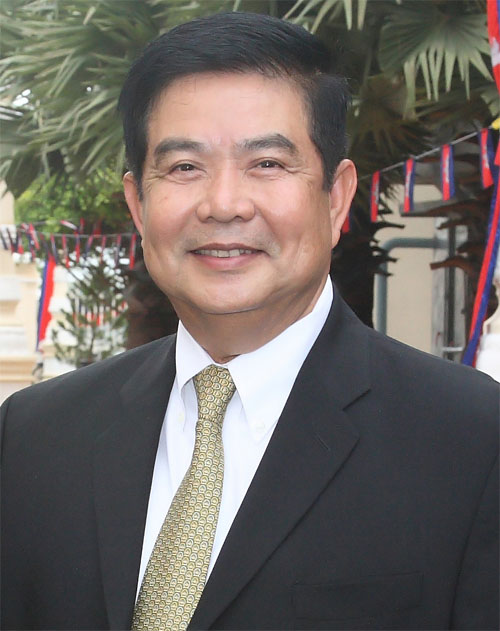
In 2003 Samdech Akka Moha Sena Padei Techo
HUN SEN, Prime Minister of the Kingdom of
Cambodia, made a firm commitment to lead, facilitate
and promote the achievement of the seventh goal
of the Cambodian Millennium Development
Goals through promoting access to clean water and
proper hygiene services for the citizens in the whole
country to improve their welfare and livelihood
and ensure a good environment.
As a son of a farmer's family living on Pursat River,
I remember that I had to carry water to water the
vegetables every evening after my study time. This
work made me understand the value of water.
Water is the basis of life.
In my capacity as a minister with a duty to lead,
manage and develop clean water systems in Cambodia,
my intention remains to provide sufficient clean
water at a reasonable price for people everywhere. In
order to achieve this intention, in May 2004, I was
granted authorization from the Royal Government to
put the Phnom Penh Water Supply Authority under
the supervision of the Ministry of Industry, Mines
and Energy with the aim of expanding the mission to
effectively provide clean water services by this unit
outside Phnom Penh where possible.
After a very short period of time, in 2005, the people
living in the downtown of Takhmao, Kandal
province, were able to directly access the same clean
and quality water from the state network 24 hours a
day at a reasonable price fixed by the Phnom Penh
Water Supply Authority ensuring both quantity and
quality of the water and replacing the former
managment and distribution system connected to
Phnom Penh as those who live in Phnom Penh.
Moreover, the clean water units in the country came
to learn and acquire experience about leading model
and effective business operations from the Phnom
Penh Water Supply Authority, and this ensured the
simple, practical and effective transfer of knowledge
and know-how.
I have achieved my aim gradually; many downtowns
can now access sufficient clean water. Clean water in
Cambodia has rapidly developed. The Phnom Penh
Water Supply Authority has significantly succeeded in
reducing the water loss to the extent [that] corruption
has been eliminated, providing clean water available
directly from faucets for tens of thousands of
families, including the poorest families, at a reasonable
price which contributes to the poverty reduction
policy of the Royal Government led by Samdech
Akka Moha Sena Padei Techo HUN SEN.
I am of the opinion that the Phnom Penh Water
Supply Authority deserves to be awarded the
Stockholm Industry Water Award 2010 by the
international community. It is the undisputable truth
to everyone that [the provision of] clean water in
Cambodia has developed. It is my belief that after
winning this award, the Phnom Penh Water Supply
Authority will further try its best for the sake of its
own reputation and clean water in Cambodia alike.
On behalf of the supervisory ministry and on my
own part, may His Excellency the delegate, and
officials and employees of the Phnom Penh Water
Supply Authority be blessed with four benedictions
of Buddha: longevity, unfading beauty, peace and
power forever to further fulfill the mission of
providing a clean and quality water service for
the people.

The old adage says: be rich, [you must] never forget the
time you were poor; improve, never forget your times of
trouble. The Stockholm Industry Water Award
brings us great joy and reminds us of difficulties in
the past as if they have just occurred.
I was appointed by His Excellency the former
governor of Phnom Penh to lead the Phnom Penh
Water Supply Authority on September 11, 1993. In
organization's situation at the time was very
difficult, the dilapidated production system and
lacking electrical power enabling us to produce
only 30% of our installation capacity of 150,000
cubic meters per day. The dilapidated system and
lack of management caused the loss of 2/3 of the
water produced along the roads and 10 hours per
day for supporting with water of pressure at only 2
meters. The employees of the Water Supply
Authority earned less than $1 per day which was
less than their basic necessity. As a result of this
problem those who lived in Phnom Penh
sometimes went to the confluence of the four
rivers to bathe and do washing. Some families
relied on the wells rich in iron and sometimes these
contain arsenic acid. The Water Supply Authority
can be operated by using the electricity that is free
of charge and subsidy provided by the Royal
Government. This was the legacy of the Pol Pot
Regime and also the economic embargo from the
international community after Victory Day on
January 7, 1979.
In that situation, the whole organization is full of
the culture of serving the individual interests and
no provision of welfare for the people with not
certain mission. From this, we organized a new
organizational chart to employ employees with a
strong work ethic, qualifications and virtue, not
employing on the basis of nepotism. Simple basic
vocational training with this leading mechanism,
we started to observe the clients, equipped meters
in the houses and did all we could to collect a water
fee, fix the leakages of water system and reduce
lost water. Step-by-step, we strengthened
discipline, and established statutes and legal
documents. On December 19, 1996, the Royal
Government decided to name us as a public
enterprise with economic status and modified the
water fee that could cover the expense. The new
situation helped accelerate the reform of our
internal affairs. With donors from France, Japan,
the World Bank, the Asia Development Bank etc.
The rate of water lost was reduced, allowing us a
water supply. Nowadays 100 cubic meters of water
produced with only 6 cubic meters not consumed
(NRW). Ninety percent of people, including the
poorest families can access a clean and quality
water service available directly from the faucets 24
hours per day. We have tried to keep the same
water consumption fee since 2001 to date despite
the fact that the cost of the goods has increased
one, two and three times. All protests or questions
by the clients relevant to our clean water service
are always promptly and faithfully resolved.
Impolite words have become modest manner. The
bad environment has become positive. On
October 18, 2006, it was our great honor that at
the Council for the Development of Cambodia,
Samdech Akka Moha Sena Padei Techo
HUN SEN, named me Hero of Water Resources
instead of the title as Water Spirit, at the first stage
of this reform. Recently on September 8, 2010,
we won a great award, the Stockholm Industry Water
Award. The jury announced that the Phnom Penh
Water Supply Authority, under the leadership of the
General Director Mr. EK Sonn Chan, is acknowledged
as the world class achievement in the provision of a clean
and sustainable water service and awarded the Stockholm
Industry Water Award 2010.
The success of the Phnom Penh Water Supply
Authority shows the world that the seventh goal
of the Cambodia Millennium Development Goals
of the Royal Government, led by Samdech Akka
Moha Sena Padei Techo HUN SEN, will
be achieved. Recently, the Phnom Penh Water
Supply Authority established a new vision:
"a commitment to abide by the leadership and all
instructions of His Excellency the Minister who is our
parent to provide a better clean water service available
directly from the faucets at a reasonable price for people
in Phnom Penh and the poorest families".
Our efforts are at last acknowledged both locally
and internationally. I will never forget the support
of the Royal Government, led by Samdech Akka
Moha Sena Padei Techo HUN SEN, who
provides us with opportunities and words of
advice, and His Excellency the Phnom Penh Governor
and His Excellency the Minister, our parent, who
have confidence in us and have provided
complete support for me.
On behalf of the employees of the Phnom Penh
Water Supply Authority and on my own behalf, I
wish you best wishes and may you be blessed with
good health and longevity to serve the interests
of all Cambodian people.
Accepting the award on behalf of PPWSA, Mr. Ek Sonn Chan said the Stockholm Industry Water Award puts his organisation in the same league as other world
class water industry organisations, reinforcing their drive towards achieving future objectives. "My team is encouraged by this prestigious award to carry on our mission
to increase our collection efficiency, improve water regulation, and deliver affordable water to the poor. We will continue to work to provide water continuously for
a price affordable by our society through good management and cost-recovery practices and despite increases in electricity and other costs," he said.
In 1998, the PPWSA provided clean drinking water to all households in the city area. Water losses due to leakages in pipes and pumps declined from 72 per cent in 1993
to 6 per cent by 2008, which is very low in an international comparison. Meanwhile, the bill collection ratio reached over 98 percent - which improved the PPWSA's
costs-recovery. Today, the authority meets international standards as it provides leading edge services to its customers.
According to Mr. Ek Sonn Chan, the road ahead is full of ambition. "Our future goals pave a challenging road ahead, as we aim to expand water provision at the same
rates and standards to Phnom Penh's suburban areas and surrounding regions. We're working on reducing water loss from current 5.9 percent to 4 percent by 2020, which
would place us in the same league as Singapore and Tokyo. We will continue to improve the efficiency of our staff and revision practices as we work towards providing
water at a cheaper price."
The PPWSA was supported by international donors in its efforts to reach where it is today. However, it managed to become entirely self-sustainable as it
benchmarked itself against the best operators in both developing and developed nations. PPWSA's work has contributed to visible improvements in public health and
a reduction of constraints to industrial, social and economic developments in Cambodia's capital. "The PPWSA has a strong commitment to social and environmental
responsibility. It has shown the developing world as a whole that large cities can expect continuous access to clean water. It stands as a role model for those
committed to improving their business practices and increasing their level of service to customers. The PPWSA has now taken on the challenge to improve
Phnom Penh's sanitation system, and is also scheduled for an initial public offering on Cambodia's new stock exchange later this year," said the Jury in its citation.
Mr. Ek Sonn Chan is proud of the PPWSA's achievement. "We provided an important role model for the development of our nation, Cambodia, which helped
improve the country's image internationally after decades of strife and conflict. Developing nations must believe in their own people's capabilities to achieve
their own goals," he said.
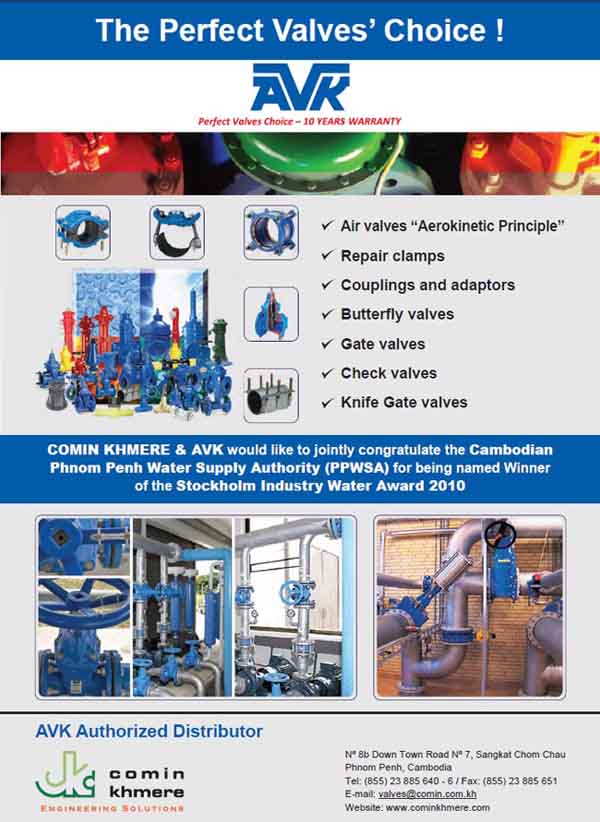
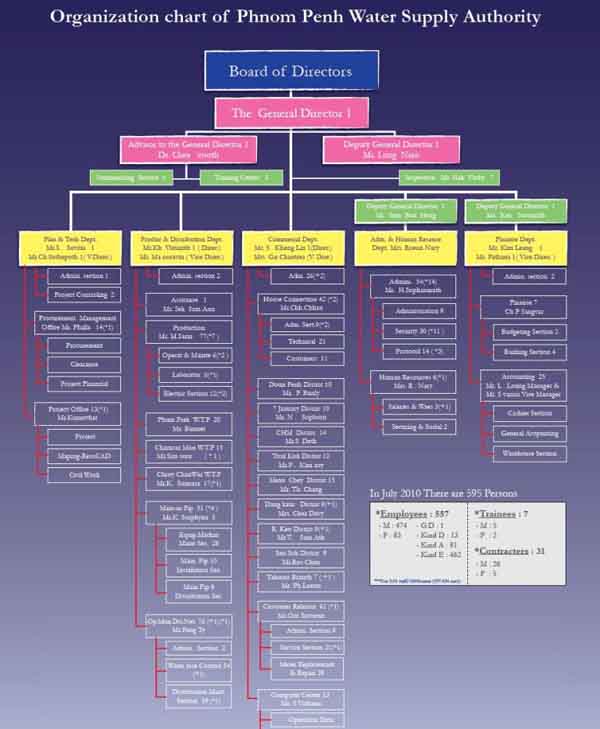
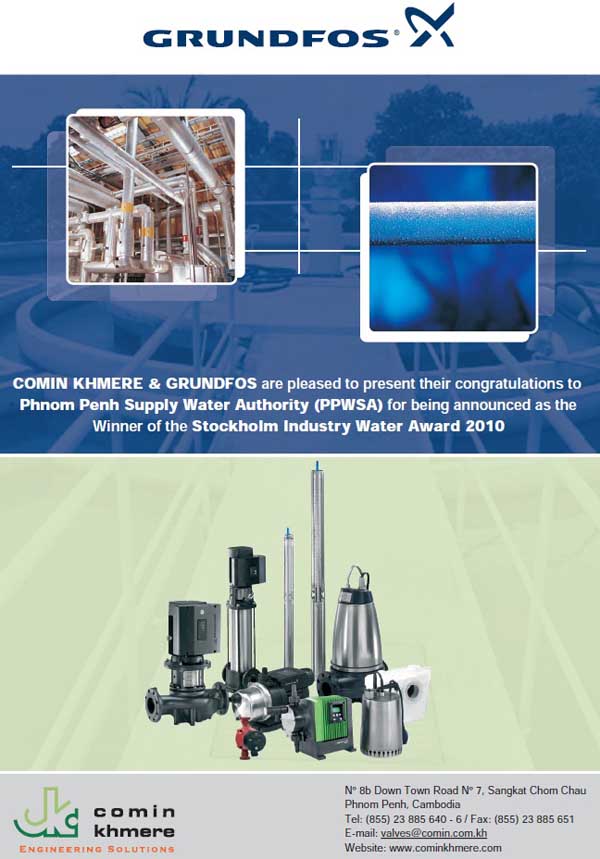
PHNOM PENH'S SUCCESS STORY

From an empty city to almost 1 million-person city
took only around three months. When Cambodians
returned to their capital after the defeat of the
Khmer Rouge regime in 1979, they repopulated
a city whose basic infrastructure, including the
blueprints to Phnom Penh's former water system,
had been destroyed.
After four years of devastation between 1975 and
1979, attempts at recovery within Cambodia were
stalled by international trade sanctions that were
not lifted until 1993. To restore the city's water
supply, PPWSA faced one of the most extreme
situations in modern history.
When I was appointed General Director (GD) of
the Phnom Penh Water Supply Authority in 1993,
the city's water service was plagued with the
maladies of inefficiency, high NRW, poor
coverage, and staggering financial losses. In 1993,
unaccounted water loss in Phnom Penh ran as
high as 72%. At that time, only 13% out of 26,881
connections had water meters, making it difficult
to collect payments for water use. The lucky few
who were connected to the city's 70-year-old water
system–representing just 25% of the coverage
area–had running water for only 10 hours each day.
a 17-year period, we at the Phnom Penh
Water Supply Authority (PWSA) have undertaken
major reforms that have transformed us into an
exemplary international model of an urban water
utility. In 2010, our results include achieving 100%
metered connection, 91% coverage, a 99.9%
billing collection ratio, and 6% NRW. We take
pride in our accomplishments, but we are not
resting. Instead, we are continuously expanding
our coverage area, especially to the urban and
suburban poor; building new water treatment
plants; providing subsidized water to poor
communities; and working to reduce our
non-revenue water (NRW) to less than 5% by
2020—a rate comparable to ultra-modern Tokyo
and Singapore.
Our process of transformation began with three
major reforms: 1) Restructuring management,
2) Creating a "culture of change," and 3) Becoming
self-reliant. With these reforms, new processes
were introduced in each of our five departments
to bring about dramatic change. We were granted
autonomous status with independent management
in 1996. Political support for the reform process
came with MIME minister and Prime Minister
Hun Sen, and available funds in the form of grants
and loans from various multilateral agencies,
creating an enabling environment. Over a decade
of peace and stability within Cambodia has
undoubtedly helped us execute our mission. A
skilled set of enthusiastic employees, combined
with a leader with vision and a focused commitment
have transformed our organization, leading
to improved service provisions for all consumers
across every social spectrum in Cambodia.
Some of the factors that allowed us to spearhead
this remarkable turnaround include investing in
staff and providing incentives, promoting
transparency, involving civil society, and investing
in modern management procedures and technology.
Our top management was restructured, and
dynamic younger personnel with more advanced
qualifications were promoted to senior positions
with greater responsibilities. Senior management
was given more direct responsibilities, while
inefficient senior staff were moved into less
essential roles. Incentives such as higher salaries
and bonuses for good performance were
introduced; penalties were also imposed for bad
performance.
Our remarkable transformation was also made
possible by the dedicated support of the Royal
Government of Cambodia, as well as countless
donors, consultants, contractors, suppliers, and the
cooperative citizens of Phnom Penh.
This book is our way of telling the story of our
transformation, as well as saying thank you to all the
individuals and institutions that have helped us
each step of the way.
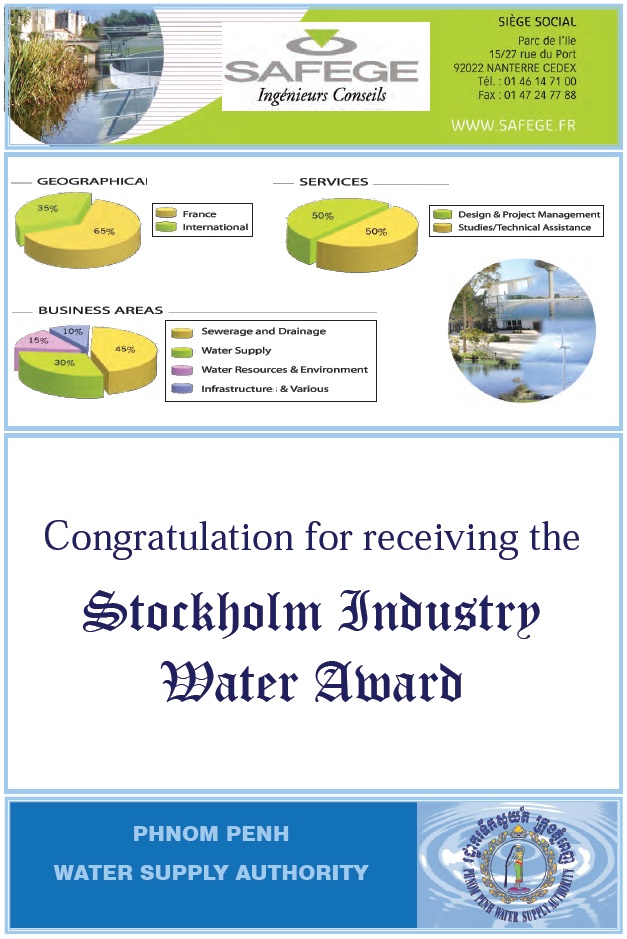
PHNOM PENH: OVERVIEW
Phnom Penh, the capital of the Kingdom of Cambodia, has a population of approximately
1.5 million. The city is uniquely situated at the confluence of what the French called
the "Quatre Bras" (four arms) of the Mekong, Tonle Sap, and Bassac rivers.
Each of Phnom Penh's water treatment plants draws its water from a different river:
The oldest of the water treatment plants, Chruoy Changwar, was built in 1895 by the French
and takes its water from the Mekong.
Phum Prek plant draws its water from the Tonle Sap, and Chamkamon water treatment plant
gets its water from the Bassac River.
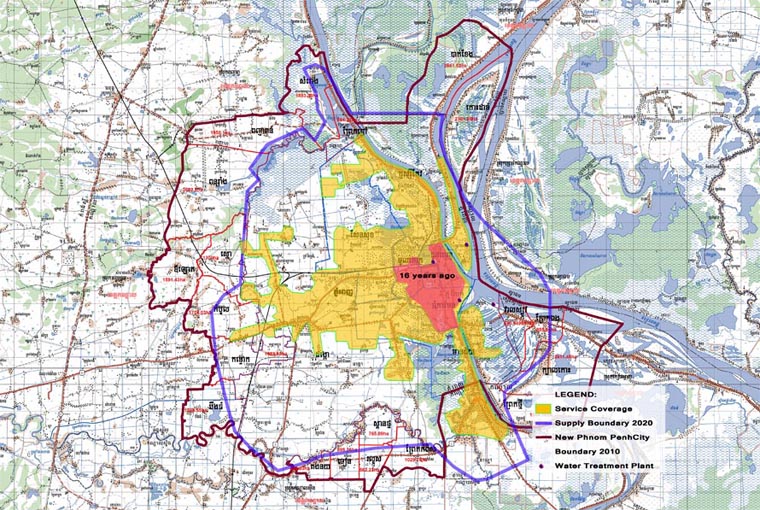
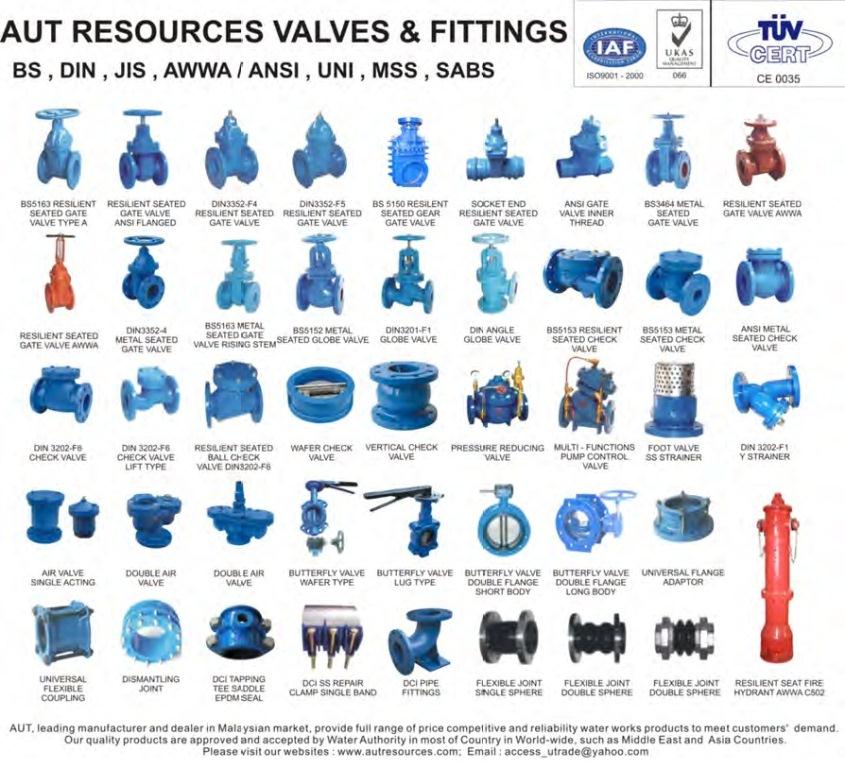

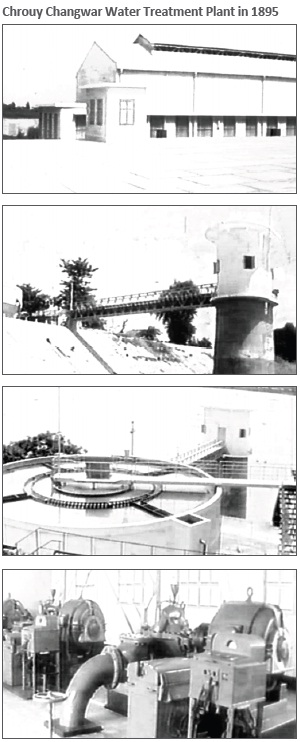 • 1895: The Compagnie des Eaux et Electricité de l'Indochine (CEEI)
has been created. Chruoy Changwar Water Treatment Plant (WTP) with a
capacity of 15,000 cubic meters per day has been constructed on the west
bank of the Mekong River with a distribution network of 40 kilometers,
but only within Daun Penh district.
• 1895: The Compagnie des Eaux et Electricité de l'Indochine (CEEI)
has been created. Chruoy Changwar Water Treatment Plant (WTP) with a
capacity of 15,000 cubic meters per day has been constructed on the west
bank of the Mekong River with a distribution network of 40 kilometers,
but only within Daun Penh district.
• 1957: 36-kilometer distribution network expansion by Degremont,
a French company.
• 1958: Supply Capacity expands with the creation of Chamkamon Water
Treatment Plant; the plant, constructed by Degremont, has a 10,000
cubic meter per day capacity.
• 1959: Capacity of Chruoy Changwar upgraded to 40,000 cubic meters per
day. Distribution expands by 32 kilometers with the assistance of Kubota,
a Japanese company.
• 1960: The Royal Government of Cambodia transforms the CEEI-owned
utility to the Regie des eaux de Phnom Penh (RDE) and Electricite
Du Cambodge (EDC), by Royal decree of King Norodom Sihanouk,
#164NS, 24 March 1960. The city's water supply is now under
the jurisdiction of the Municipality of Phnom Penh. Distribution expands
by 165 kilometers.
• 1966: The last of Phnom Penh's current Water Treatment Plants —Phum
Prek—is constructed. Contracted by PICCHABAL and financed by
the Royal Government of Cambodia, Phum Prek has a capacity
of 100,000 cubic meters per day. Distribution to Phnom Penh
city is expanded by 233 kilometers. Total capacity is increased
to 155,000 cubic meters per day.
• 1970 – 1979: With multiple changes to Cambodia's political regime, the
water supply is unstable and operations are scaled back drastically.
• 1975 – 1979: Under Khmer Rouge occupation more than 3 million
Cambodians are killed. Water distribution is abandoned.
RENAISSANCE
• 1979 – 1993: Civil war continues for 14 years. Municipal water supply resumes operations on 25 January 1979. Water supply is free of charge during this period.
• 1984: After nearly a century, Chruoy Changwar can no longer operate due to disrepair and no electrical supply to the other side of the Tonle Sap.
• 1988: The water authority, which had been called Regie Des Eaux De Phnom Penh (RDE) and was under the management of the Transportation
Department of the Municipality, becomes an autonomous public enterprise by letter of the Phnom Penh People Committee No. 286, issued 1 August 1987.
• 1989: Chamkamon can no longer operate. Operations are resumed, however, after a grant for technical assistance from the Soviet Government allows for maintenance
and repair. Phum Prek Water Treatment Plant resumes operating at 15% of its former capacity.
• 1990 – 1993: Water charges start to be implemented. Bills are based on an estimated average consumption of 80 liters per day; only 3,391 of connections are
metered. The water tariff is 166 riel per cubic meter and the yearly revenue only covers 50% of the total operating expenses.
• 1991: The water authority loses money continuously until 1994.
Changes to the Water Tariff from 1981 - 2001:
o 1981 2 riels/m3
o 1988 3 riels/m3
o 1989 Jan. 8 riels/m3
o 1991 Jan. 32riels/m3
o 1992 Jan. 166riel/m3
o 1993 – 1994 June (166 riels/m3 for domestic, 515 riels/m3 for industrial)
o 1997 24 July Block tariff
o 2001 1 Jan. until now revised block tariff
RENAISSANCE
• 1993: Still called RDE. Phum Prek receives grants from Oxfam and EDC, allowing for the plant to be repaired and expanded by Kubota, and capacity increased
to 65% of original capacity.
• 1993 (27 July): A general election assisted by the United Nations Transitional Authority in Cambodia (UNTAC) helps to form the new Cambodian government.
Country becomes eligible for external assistance; water/sanitation is considered a priority sector.
• 1993 (1 November): the Royal Government of Cambodia is established.
• 1993 (11 September): Ek Sonn Chan appointed General Director of RDE.
• 1993 -1994: With support of a grant from the Government of France and assisted by SAFEGE and the Municipality of Phnom Penh, the Commercial
Department of PPWSA forms a Community Commission to carry out a critical yearlong customer survey.
• 1994: With the establishment of a Customer Data Management Center, PPWSA begins computerized billing.
• 1994 – 1999: 268-kilometers out of 282-kilometers of old pipes are replaced.
• 1995: Implementation of metered connections on existing and new house connections.
• 1996: Full autonomy granted by government sub-decree #52, 19 Dec. 1996. Name Phnom Penh Water Supply Authority (PPWSA) was introduced for RDE
in English.
• 1997: First block in water tariff since autonomy.
• 1998: "Regaining the Public's Trust" program begins. "Clean Water for the Poor" program is launched, allowing installment payments for water connection fees to
the city's poorest residents.
• 1999: National reconciliation begins through "Win-Win" policy of Prime Minister Samdech Hun Sen. "Water for All" program commences. Through Clean Water
for the Poor program, the poor are allowed overall discounts of 20% and up to 20 months installment payment of water connection cost.
• 2001 (1 January): First adjustment in water tariff and kept unchanged until now.
• 2004 (27 January): PPWSA wins ADB Water Prize "Water for All" in 27 January.
• 2005: Commencement of Subsidies to the poor 30%, 50% and 70% on connection cost.
• 2006: Ek Sonn Chan received many award:
o Hero of Water Resource from Prime Minister Samdech Hun Sen in 08 October.
o ADB Water Champion. "Pulling the Plug on Nonrevenue Water" in October.
o Ramon Magsaysay Award from Ramon Magsaysay Award Foundation in 31st August.
• 2006: The city's poorest families now receive subsidies of up to 100% of their water connection fee.
• 2008: PPWSA Social Fund was established to assist the community in the construction of Infrastructure, to provide scholarships for poor students, to provide
health care for the vulnerable family, and other charitable activities.
• 2010:
o Ek Sonn Chan received the great medal "Chevalier dans l'ordre de la légion d'honneur" from the President of France in 1st February.
o PPWSA wins Stockholm Industry Water Award and the ceremony was held in Stockholm along the World Water Week in 08 September 2010.

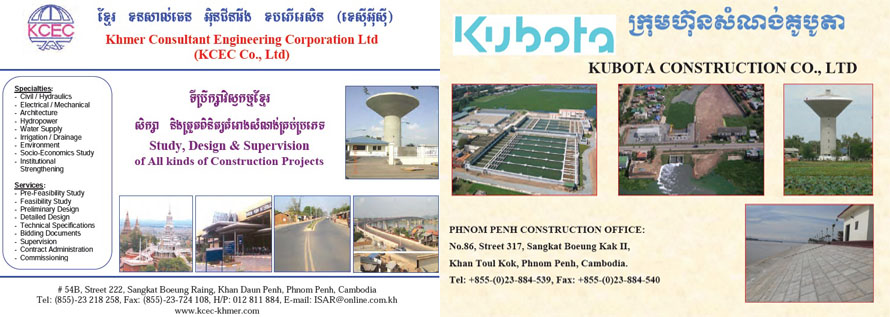
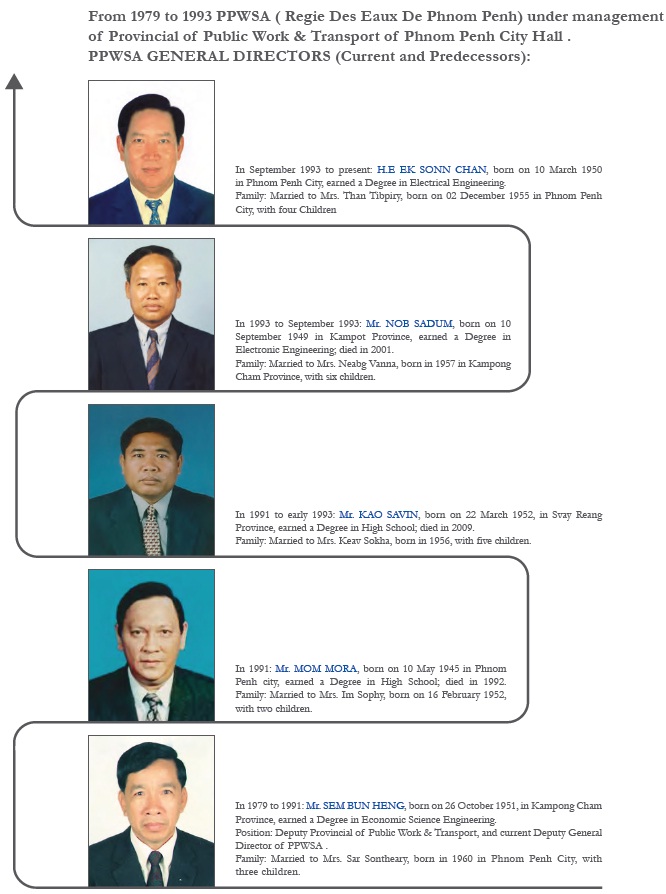
PPWSA'S TRANSFORMATION IN THREE STEPS
I. RESTRUCTURING MANAGEMENT
PPWSA's transformation began with the strategic
marshalling of human resources. From 1993 to
1994, we reshuffled our basic management
structure to install the most active and dynamic
managers while recruiting and promoting talented
younger staff. Tenured staff members who were
ineffectual were moved to positions of decreased
influence and responsibility. Promotion was now
made by collective decision and strictly based on
work quality.
Mr. Ros Kim Leang, Director of Finance,
graduated in 1991 with a bachelor's degree in
economics. After his graduation, he was working
at PPWSA as an accounting staff. During this
period, very few Cambodians had a degree in
economics; Mr. Leang was the only staff member
at PPWSA to hold such a degree, but he was still
working as basic staff.
"One story I'll never forget," tells Mr. Leang, "is
that three months after Ek Sonn Chan was
appointed GD, he gathered all the young staff with
university degrees to have a meeting in his room.
He asked each staff for their job description and
duties within PPWSA, and then he and we
committed together—at that meeting—to
transforming the quality of service at PPWSA for
the common benefit of all employees."
"Due to these changes," Mr. Leang continues, "in
1994 I was appointed as vice-chief of the accounting
office and then chief of accounting. Then in
1997, after PPWSA was given autonomy, I was
appointed Director of Finance—a position I hold
to this day."
Mr. Khut Vuthiarith, Director of the Production
and Distribution Department, echoes the
sentiment of his colleagues: "I graduated as an
engineer in 1993 and found a job at the Battambang
province water authority. In 1994, I was
transferred to work for PPWSA. Here, I found a
new environment, a new leadership model. I think
that only at PPWSA, a young engineer like me
could have had the chance to be recognized and
promoted in a very fair manner."
In addition to empowering young, dynamic staff
with greater opportunities for advancement, the
management restructuring of 1993 - 1994 also
equipped staff with a new mission before sending
them to the frontlines: Assuring the provision of clean
water at an affordable price to everyone in Phnom Penh,
and a new vision of becoming the reference company for
the region.
II. CREATING A "CULTURE OF CHANGE"
Like the Three Muskateers, PPWSA's informal
motto is "One for All and All for One." Integral to
creating a "culture of change" was fostering a
spirit of teamwork through: 1) Spearheading
socially responsible programs such as "Clean
Water for All" and the "Water for the Poor"
program; 2) Our staff-care program; 3)
Establishing a social fund.
Smart teambuilding, fair salaries, and highly
effective incentive programs have allowed us to get
the best from our employees. Like a heart with
many chambers, each of our five departments
pumps talent and expertise toward the good of the
whole: a pure, life-sustaining water supply for all
of Phnom Penh.
"Here in PPWSA we work as a family," says Ros
Kim Leang, Director of Finance. "I'm taking part
in the setup of all regulations and rules at PPWSA.
I remember an ADB project in 2002 to lay a
transmissions pipe along Monivong Boulevard
that had to be completed before schedule. All our
technical managers and staff, as well as our GD,
worked together day and night for two months to
complete the project at a very critical stage. Me,
acting as accounting and finance manager, I also
worked with them during the nighttime to support
them through team building. And finally,
we succeeded."
With the aforementioned changes to our management
structure, our managers not only had to be
knowledgeable, but needed to serve as models and
mentors for their subordinates. At PPWSA, we
make decisions collectively, but the individual is
responsible for their actions. For example,
procurement is held accountable for the choices
they make in buying pipeline materials. If an
individual in procurement buys a lower-quality
pipe that is prone to leakage, then that staff
member is personally responsible for the NRW
created by his/her purchasing decisions.
Although roles and responsibilities are clearly
defined at PPWSA, the planning activity is
decentralized," explains Samreth Sovithia,
Director of the Planning and Project Department.
"For example, each department makes their own
yearly plan but we give them the indicators, such as
water production capacity, house connection
projection, NRW projection, etc. To have the right
number of projected house connections, I have to
work with Mr. Sim Kheng Lin, the head of the
Commercial Department, and Mr. Khut
Vuthiarith, the head of Production and Distribution,
to identify the project area, type of customer,
and the demand for water compared to the total
water production capacity. And the performance
indicators need to have prior review by the GD.
Whether the teamwork is effective or not is based
on how the team leader, the GD, instructs us in the
right rhythm and right direction."
In 1994, realizing that we needed to improve the
quality of our human resources, we instituted
Urgent Training—an immediate training for all
managers and frontline staff. In 1996, we set up an
in-house training center and in 1997, began a
program of Regular Training, where we started a
tailored training program to closely fit into our
staff 's daily work routine. In 2000, we
implemented a quality assessment program. In
2005, we began a year-end examination program
for the purpose of annual staff evaluations.
Beginning in 1998, our GD increased the salaries
of PPWSA employees to make them equal to or
better than private sector remunerations. He also
implemented a strict incentive and penalty
program for all departments, whereby an
employee's salary level depends upon his/her
yearly performance.
An ADB comparison of median monthly salaries
of PPWSA employees versus employees at other
Cambodian government agencies tells more of the
story: a chief officer at PPWSA makes over $600 a
month; a government worker in the same position
makes $50. A normal worker at the water authority
makes around $180 monthly while a government
worker at another Cambodian agency makes
only $23.
"Pay the people correctly for them to work hard.
The people who don't have enough money are not
far from corruption," says GD Ek Sonn Chan. "I
don't want to have a boss who is unfair, so I must
be fair."
III. BECOMING SELF-RELIANT
"We knew from the beginning that we could not depend on the national budget to run our waterworks," says the GD. "I remember our first job very clearly—it was to
run around looking for US$50,000 dollars to buy our aluminum sulfates. We finally got the money from the Japanese Embassy. Even US$50,000—the authority does
not have the budget at the time to pay. We learned early on that we have to rely on ourselves."
We have become self-reliant through three crucial programs: IMPROVING COLLECTION EFFICIENCY, REDUCING NRW, and AGGRESSIVELY
EXPANDING SERVICES. This is how we did it.
1. IMPROVING COLLECTION EFFICIENCY THROUGH:
1.1. Updating the Customer Base to Increase Water Bill Collection
"The first thing we needed to know is who are our real customers," says Sim Kheng Lin, Director of the Commercial Department. "We survey from
house to house—who has a connection with supply and who has a connection without supply."
• Diagnostic survey by 100 staff from Phnom Penh Municipality's line departments carried out a comprehensive customer survey for one year.
• The data collected by Sim Kheng Lin and his team was astounding: of the 26,881 customers counted in 1993, only 40% were paying their water bill.
Of those "customers," over half—or 13,722—had a connection but didn't receive a water bill from the authority.
• New customer file of 26,881 customers was set up in 1994.
1.2. Setting a Strong Example
When the reform project was inaugurated, the Prime Minister made a public statement asking everyone, including government employees, to pay their
water bill. With a public habituated to using illegal, underground tanks and, since 1979, getting municipal water for free, the Prime Minister's public
show of support went a long way toward allowing PPWSA to initiate the process of billing the public. The GD reiterated the PM's directive and made
bill payment mandatory for all PPWSA employees. "Now," says Ek Sonn Chan, "100% of our staff pay their water bill on the first day."
• Within PPWSA.
• Within society and government.
• Formulate the SOP for water bill collection by doing.
There is French saying "L'example vient d'en haut" that can be translated to "The model comes from the top". This means that bill pay was
encouraged through model and example: "We get the strong man to pay his water bill first," explains the GD, "the top man pays first; the general pays
first. If we show the strong man was forced to pay his water bill on time, then the people will follow."
1.3. Installing Water Meters
 • A new Water Meter Management policy allowed the department
to start replacing mixed-class water meters in 1998. All of Phnom
Penh is now on Class C water meters, and yearly calibration of
each of the city's water meters requires a reading accuracy of
within±3% accuracy for house connection, and ±2% for the
manufacturer's quality test.
• A new Water Meter Management policy allowed the department
to start replacing mixed-class water meters in 1998. All of Phnom
Penh is now on Class C water meters, and yearly calibration of
each of the city's water meters requires a reading accuracy of
within±3% accuracy for house connection, and ±2% for the
manufacturer's quality test.
1.4. Applying Incentive and Penalty System
A new incentive program also increased the effectiveness of the department. Bill collectors were responsible for collecting a minimum of 1,400 payments
each month. If they doubled their collection ratio by collecting 2,800, they received an incentive of 1,000 riel, or $0.25, for each of the 1,400 additional
bills. "This incentive program has pushed our collection ratio to nearly 100%," says Sim Kheng Lin.
• Incentive for good results.
• Penalty for bad intentions.
1.5. Computerized Billing
The Finance Department at PPWSA has come a long way from the days when 100% of its accounting rules were copied from French accounting systems:
"We have been autonomous since 1997," says Director of Finance, Ros Kim Leang. "That year, we started to run like a business. Our donors were UNDP
and World Bank, and we began implementing commercial accounting standards with the help of a financial consultant from UNDP. Also since 1997,
Price Waterhouse Coopers independently audits us each year. Since 2001, we have had fully integrated accounting systems with computerized billing that
feeds into our general ledger."
• Much easier, faster, and accurate billing.
• Providing more information for deeper analysis.
• Increasing customer confidence.
1.6. "Regain the Public's Trust" Program
"Before this program, it was a hard time where PPWSA had a bad image. At that time, no one wanted the public to know they were PPWSA staff. With
the change of service policy, good care and fair service for every customer—accompanied by staff discipline—we have regained the public's trust.
This trust makes us prouder to be part of PPWSA." – Visoth Chea, Assistant to the General Director
• Convenient payment: Cashiers check, bank check, ATM.
• Village-to-village dissemination of information.
• Information desk to deal with customer complaints.
• Water quality and water meter control at the customers' request.
• Response to customer calls classified into four categories: one hour, one day, three days, and one week.
"When I have a house leak, immediately I call and the water people come. Everyone who comes to the cashier to pay their water bill waits less than 5
minutes—it takes less time than a cigarette break." –PPWSA customer

2. REDUCING NRW THROUGH:
2.1. Replacing old pipes
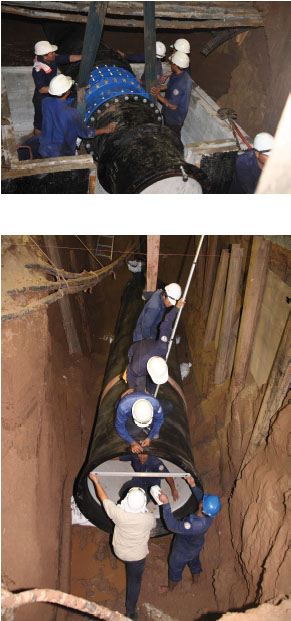 In 1993, the United Nations Development Program (UNDP), the Government
of France, and Safege, a private French company, sent consultants to PPWSA to
assist with the laying of new pipes.
In 1993, the United Nations Development Program (UNDP), the Government
of France, and Safege, a private French company, sent consultants to PPWSA to
assist with the laying of new pipes.
"To lay a small pipe like this we needed a consultant," says Khut Vuthiarith, Director
of the Production and Distribution Department, making a circle with his hands the
size of can of Coca-Cola. "Now big pipes—up to 1.6 meters—we lay by ourselves."
In 1996, when PPWSA's NRW rate was 57%, a British consultant began helping
department employees build their capacity. By 2000, the consultant had worked with
PPWSA to help reduce NRW to 33%.
Khut Vuthiarith tells the story: "In 2000, the consultant said to us, 'You still need
me—you cannot do it yourself.' I went to our GD, and he asks, 'Are you ready to
do it yourself?' I say yes, we will try."
• Old cast iron pipes totally replaced by 1999.
• Procurement ensures state-of-the-art but cost-effective materials are purchased
to prevent leakage.
• Zero outsourcing—all work carried out by PPWSA staff for economic and technical
reasons.
"In 1993 we made a commitment to the GD that we will be building pipes ourselves.
We now have made the commitment that in 2011 NRW will be 5.8%," says Khut
Vuthiarith.
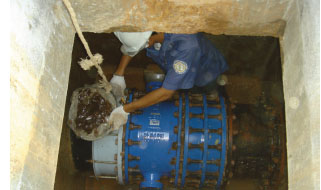
2.2. Metering all connections
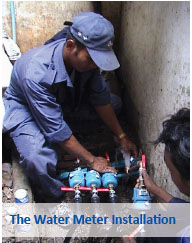 • Target to the stronger, harder head first.
• Target to the stronger, harder head first.
• 1993: Only 3,391 out of 26,881 connections were metered.
• 2001: 74,945 connections were 100% metered.
• Now, 192,514 connections are 100% metered with Class C
water meters calibrated yearly for accuracy. Meters are also
tested if water consumption is unusually high.
• SOP developed for water meter management.
2.3. 24/7 standby teams to repair leaks
• 1993: One team with four unskilled staff.
• 1996: On-the-job training provided for staff by expatriate expert.
• 1996: standby service increased to four teams with 48 skilled staff.
• 2010: 24/7 standby teams ready to respond to any reported leak within one hour.
• IT system provides information on water flow so that staff can analyze where anomalies occur; technician is then sent to suspected area to listen
for leaks.

2.4. Eliminating illegal connections
In 1993, it was reported that some PPWSA employees were making illegal connections for the rich and powerful at US$1,000 per connection.
To combat corruption and nepotism within PPWSA, salaries were increased. Citizens who reported incidences of illegal connections began receiving
concessions in their billing statements.
• Creation of an inspection bureau.
• Strictly disciplining internal staff.
• Customers receive incentive for reporting irregularities/illegal connections.
• Penalty applied strictly and without favor.
2.5. Discouraging wholesalers in coverage area
• Through keeping a low cost to the consumer. In the early 1990s, the city's unconnected residents paid 1,000 riel ($0.25) a day for water
purchased from private vendors. Today they spend about 5,000 riel per month, or a little over $1, for safe and reliable PPWSA-supplied water.
2.6. District Metering Area (DMA) program
• Started with a pilot zone,
• Created one team with 5 staffs, OJT with an expert,
• Introduce modern technology (data monitoring system),
» Regular step test
» Consumption balance every bill period
» Analyze Daily Data
» Detection if any suspect
• The experiences from the pilot zone have been recorded and applied to other areas
• Rapidly expand control to the whole network with 66 zones, System of reward base on result have been provided fairly.
» Started with 5 staffs with an expatriate exp,
» Now, PPWSA have 66 staffs in this field, which all of them are local expert level.
» Apply internal service contract
3. AGGRESIVELY EXPANDING SERVICES THROUGH:
In planning its water supply routes, the Commercial Department assesses the capacity of production, as well as the potential construction of new water
treatment plants and pipelines: "We consider areas with high potential for economic growth," says Sim Kheng Lin, "but we never forget the poor
communities."
3.1. Aggressive expansion of surface coverage area
• 1994 -1999: Replaced old pipes.
• From 2000 onward: Distribution network expansion.
• Service coverage outreach to areas of high potential for economic growth—without overlooking the poor.
3.2. Increasing production to cover demand
• 1993: 65,000 m3/d, and now: 300,000 m3/d.
• PPWSA staff sent to new coverage areas for customer outreach and welfare: educate customers in how to apply for connections; prohibitions;
water quality and tariff; how to disclose information if they witness any irregularities/illegal connections.
3.3. Revising tariff to cover costs
The inherited water tariff by the utility was far too low to generate the necessary revenue. PPWSA had to increase tariff to cover operational costs.
To avoid registering a big hike in the water tariff, PPWSA proposed to have a three-step increase in the water tariff over a period of seven years,
along with service improvement. With strong support from the donors and commitment from the Government of Cambodia, particularly the
prime Minister and the Governor of Phnom Penh, the first step increase was achieved in 1997 and the second step in 2001. After that, PPWSA did
not need to push for the third step, as its revenue had already fully covered all its costs. This was basically due to the higher collection ratio and the
drop in the NRW that preceded tariff increases. ( International Union for Conservation of Nature and Natural Resources (IUCN), 2010 ).
A water loss rate of only 6% allows PPWSA to vend water at a low cost of $0.25 per cubic metre with a reasonable margin of profit. According to
estimates by the WB, the average global water tariff is $ 0.53 per cubic meter. Only 30% of utilities globally, and only 50% of utilities in developed
countries, generate sufficient revenue to cover operation, maintenance, and partial capital costs. In contrasts, PPWSA fully recovers all
of its costs, and the utility is now making a modest profit and investing in more water infrastructure.
Even though the cost of electricity has doubled (electricity accounts for 56% of total production cost) and the costs of chemicals necessary for water
treatment ( such as alum and chlorine) have increased 300%, the water tariff has not been changed since 2001.
"Our solution for keeping the tariff low is to reduce water loss," says the Director of Production and Distribution. "Reducing our water loss by just
1%—or 1 million cubic meters—equals a US$250,000 revenue increase for PPWSA. Our GD pushes us very much—every two weeks we have
an NRW meeting, and 'no result' is considered very bad."
"In my heart I believe and I trust in my people. We should do everything for our people. Our people are so poor—if we sleep, nothing is coming.
Yourself—you should do first, you should try first. Our GD, he does not work for himself, for his family—he works for his country."
"This," says Khut Vuthairith, settling back into his chair, "is better than sleep."
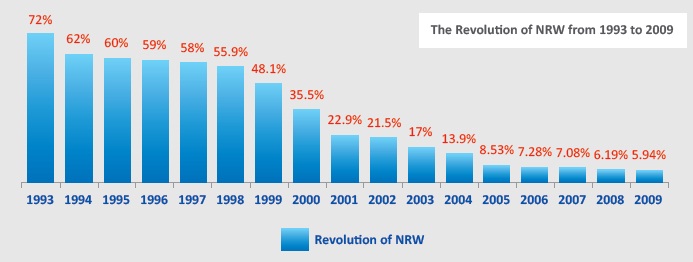
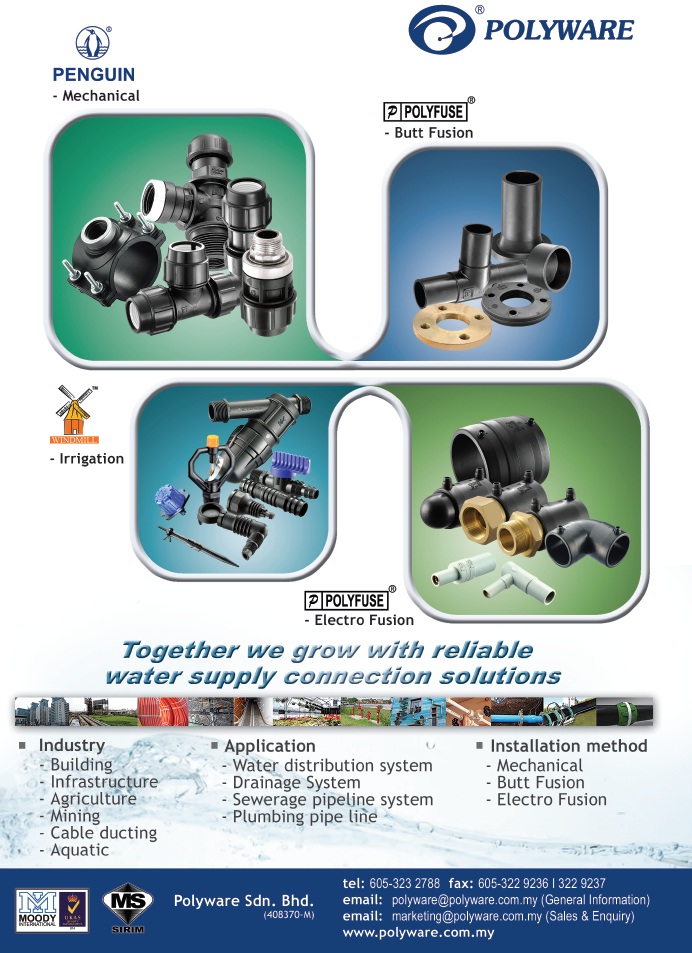
RESULT OF REFORMS
The reform process initiated in 1993 and carried
out over the past 17 years has dramatically
improved our performance. Phnom Penh
residents on average consume 108
liters/capita/day of water with a 24/7 ensured
supply and metered connections. Industrial use is
6,976,346 cubic meters in 2009 out of the total
use of 84, 754,045 cubic meters.
PPWSA fully recovers its operations costs and is
now making a profit while continuously increasing
coverage to outer Phnom Penh. Even though
people are now paying for the water they actually
consume, per capita daily water consumption has
nearly doubled.
Now, at PPWSA, the word "impunity" does not
exist; everyone is responsible for their work, and
staff efficiency has increased accordingly.
"In 1993," says Roeun Nary, Director of Human
Resources, "an 18 person staff per 1,000 connections
was considered an efficient ratio. In 2010, we
have 2.97 staff per 1,000—we are much more
efficient."
From 1993 until 1999, JICA provided capacity
building for the Human Resources department
and UNDP, World Bank, and ADB provided
short-term technical assistance. Since 1999, each
department makes a one-year plan, which they
now implement through teamwork—not
outsourcing. As part of the reforms, managers
were given clear job descriptions and direct
responsibility and a new organization chart was
drawn up to reflect more defined roles within the
authority.
For 2020, our GD has made an ambitious planhe
wants to have 2.5 staff per 1,000 connections.
He wants to help the provincial waterworks to
achieve what we have achieved in Phnom Penh.
Our operations were also made more efficient by
overhauling the old infrastructure and streamlining
the billing process, among a slew of new measures.
Because of these reforms, we have widened our
distribution network from serving 40% of Phnom
Penh with clean and affordable water in 1993 to
over 90% in 2010. Other improvements include
establishing a complete consumer database, a
long-terms plan to reduce NRW to 5% by 2020,
improving collections, metering all of the utility's
water supply coverage, and introducing a 24/7
water supply.
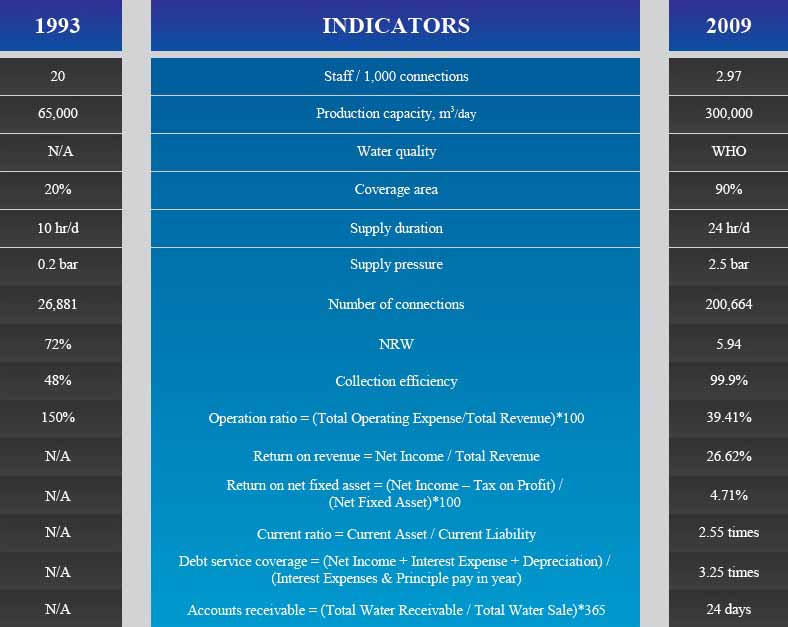
SPOTLIGHT ON SOCIAL RESPONSIBILITY:
CLEAN WATER FOR ALL
 In 2005, a grant from the World Bank further aided our "Clean Water for the Poor"
program—a social policy that has been at the heart of our mission
since 1998.
In 2005, a grant from the World Bank further aided our "Clean Water for the Poor"
program—a social policy that has been at the heart of our mission
since 1998.
The World Bank, the City of Paris, and the Association Internationale des
Maires Francophones (AIMF) have all donated generously to this program,
with the AIMF paying for pipeline for poor urban communities.
"From 2005 until now we have subsidized over than 100,000 connections for
the poor," says Sim Kheng Lin, Director of the Commercial Department.
Since 2005 and with help from the World Bank, PPWSA has applied the subsidy:
30%, 50% and 70% of the total connection fee for Phnom Penh's urban poor. The
combined worth of these subsidies is approximately half a million US dollars.
In 2006, PPWSA introduced an additional category of 100% subsidy for the city's
poorest families—families who could not afford to make installment payments even
after a water subsidy of 70%.
Through this program, we have helped the poor save a total of about $5 million,
through putting an additional $5 dollars each month into the pockets of Cambodian
families who receive a water subsidy. Subsidized water has also contributed to
lasting health improvements and freeing up time for women and children to
pursue education and employment opportunities.
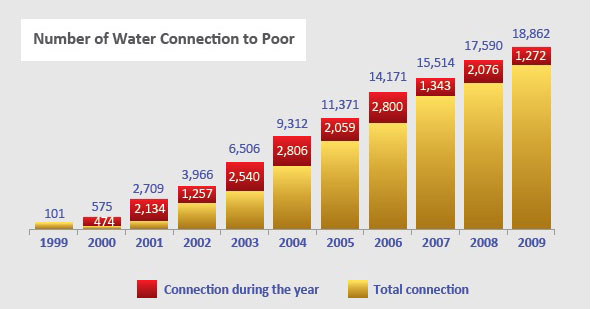
CLEAN WATER IS GOOD FOR BUSINESS
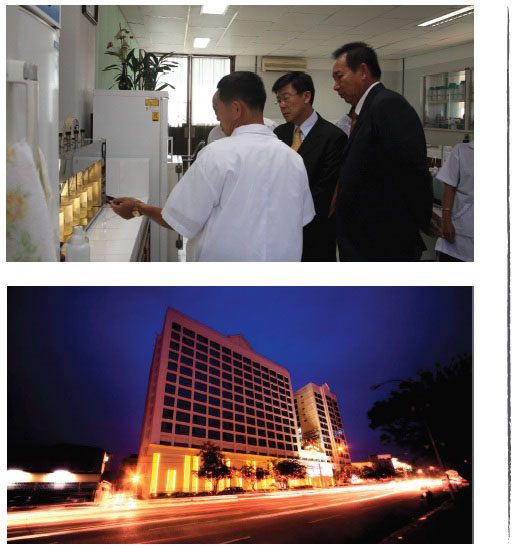 A listing of past years' Stockholm Award winners
reads like a who's who of extremely developed,
hygienic countries: Canada, Norway, the United
States and Singapore. Singapore is the only other
ASEAN country to have also been recognised
by Stockholm.
A listing of past years' Stockholm Award winners
reads like a who's who of extremely developed,
hygienic countries: Canada, Norway, the United
States and Singapore. Singapore is the only other
ASEAN country to have also been recognised
by Stockholm.
The PPWSA's "incredible progress within such a
short time frame," states a 2010 report from the
ADB, "is perhaps unrivalled by any utility
anywhere in the world."
This recognition from Stockholm is very good for
business. International companies already
operating in Cambodia such as Coca-Cola and
Nike will be pleased with the international stamp
of approval, which could help attract more
investors in the future.
In 2009, we made a significant contribution to the
growth of industry in Cambodia by providing
water connections to 2,755 factories with
6,976,346 cubic meters of water.
Without clean, reliable, and low-cost municipal
water these factories—ranging from garment and
ice factories to breweries and paper
manufacturers—could not operate, and thus over
300,000 workers from the countryside would be
out of work and unable to earn an income for
their families.
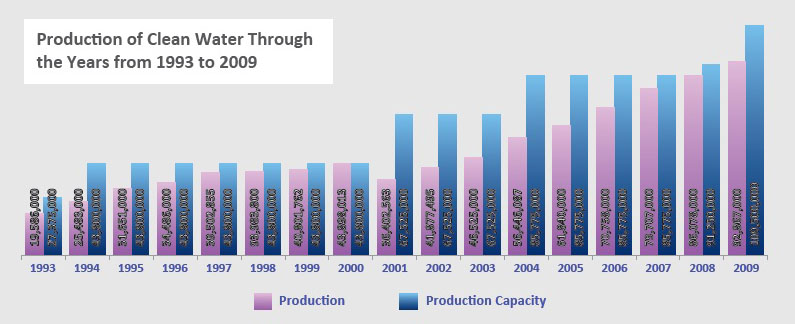
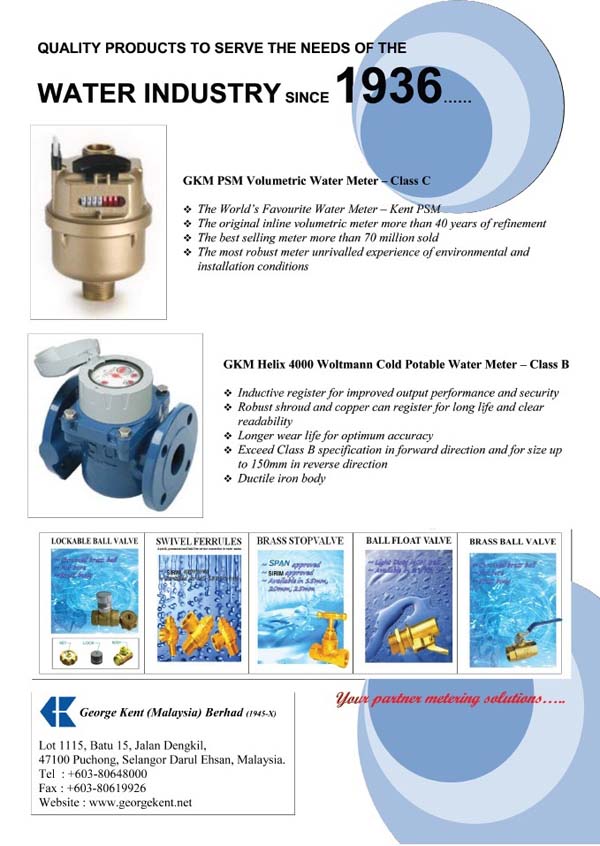
OUR VISION FOR CONTINUED PARTNERSHIP
The story of Phnom Penh demonstrates that access to water
does not mean that it has to be free and that the urban poor
will be considerably better-off paying for safe, piped water
than they would be buying water of questionable quality
from private vendors.
—Asian Development Bank, "Country Water
Action: Cambodia Phnom Penh Water Supply
Authority: An Exemplary Water Utility in Asia
The PPWSA's next major task is to take a distribution
pipe across the Tonle Sap River, to the rapidly
developing land to the east.
"Since 1973 we have had no water on the other
side," says DGD Long Naro. "The sellers, they
pump the water untreated and sell to the people
over there five times higher than our treated water.
We don't have drawings related to the
underground systems so we cannot bring the
machinery to lay the pipe in this location. We need
to dig by hand. But after we cross the bridge we
can lay the pipe by machinery."1
But we have other "bridges to cross," including
increasing our collection efficiency, improving
water regulation, and expanding water delivery to
the poor and water provision at the same rates and
standards to Phnom Penh's suburban areas and
surrounding regions—all while decreasing NRW
from the current 6% to < 5% by 2020.
In addition, all of PPWSA's five departments are
hard at work making a new plant—Niroth Water
Treatment Plant—a reality.
Niroth is being co-financed by JICA, AFD, and
PPWSA, and will be completed by 2013—when it
is expected to be moving 260,000 cubic meters
of water per day.
In 2011, PPWSA has public listing on Cambodia's
first-ever stock exchange to look forward to. Our
Finance Department is now teaming with
ACLEDA Bank, the Foreign Trade Bank of
Cambodia (FTB) and Mobitel to allow customers
to pay their water bill online, at the ATM, or with
their mobile phone.
As for the low water tariff, the GD says he believes
the water tariff at its current level can be
maintained for at least another five years, ensuring
safe, affordable water to Phnom Penh's citizens
now and for years to come.

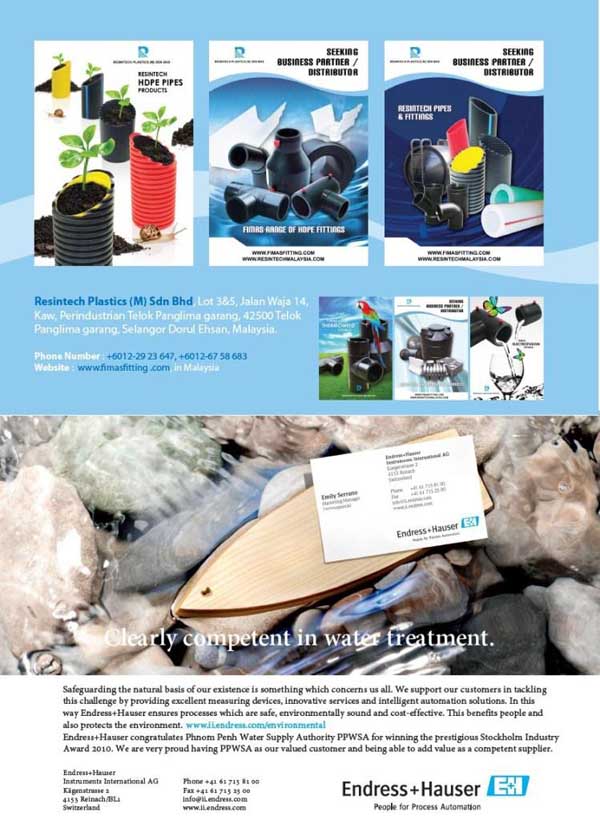
INTROSPECTION
PPWSA is no stranger to international recognition.
In 2006, our General Director was recognized with
the Magsaysay Award for his government service.
This year, the Government of France awarded
him with their highest decoration, the Chevalier
dans l'ordre de la légion d'honneur.
In 2004, PPWSA won the ADB Water Prize; in
2006 alone, our most respected Prime Minister
Samdech Hun Sen named our GD the Hero of
Water Resource. He is now recognized as ADB
Water Champion.
The Stockholm Industry Water Award greatly
adds to the authority's prestige. Nevertheless, to
our employees and development partners this
honor does not represent satisfaction itselfstead,
the Stockholm Award reflects the pride,
determination, and creativity with which we
approach our work each day.
"Winning this award," says Ek Sonn Chan, "Is
some kind of introspection to me. I like justice. I
have no relatives who work here and all my
subordinates are like my children or brothers. We
are a family. This is not a private business. We are
not looking for money to fill our own pockets.
We are here to fill the pockets of our fellow citizens."
"I never was trained or educated on my management
style," he says. "My principle is do to the other
people whatever you would have them do to you.
Be fair. Treat people with respect."
Playing fair, providing a high quality, essential product – and making a profit?
Now that is something all of Phnom Penh's citizens can drink to.

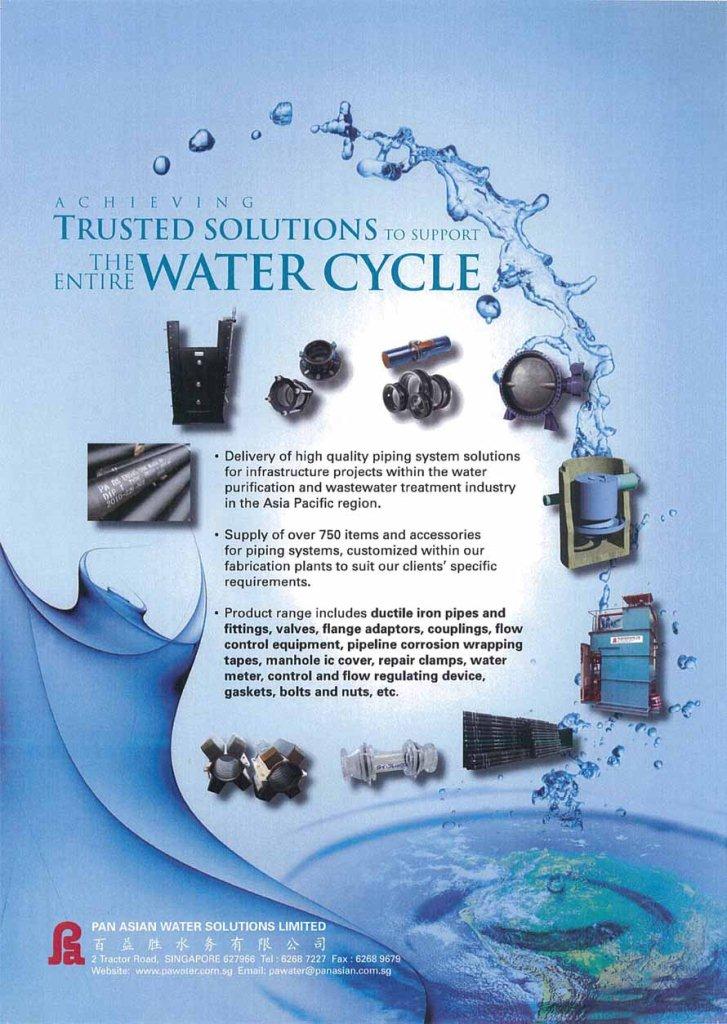


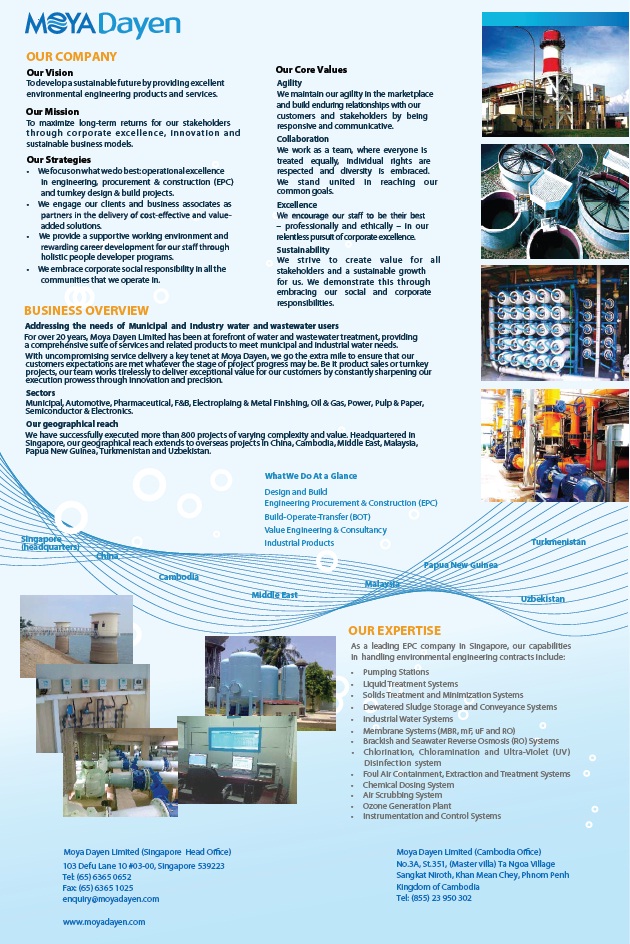

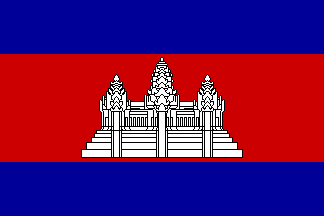 Khmer
Khmer


